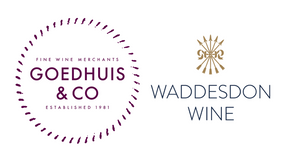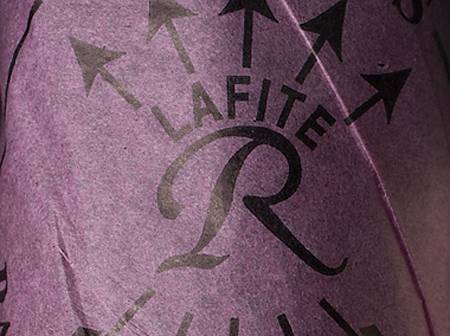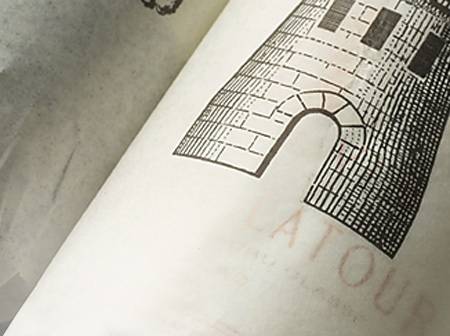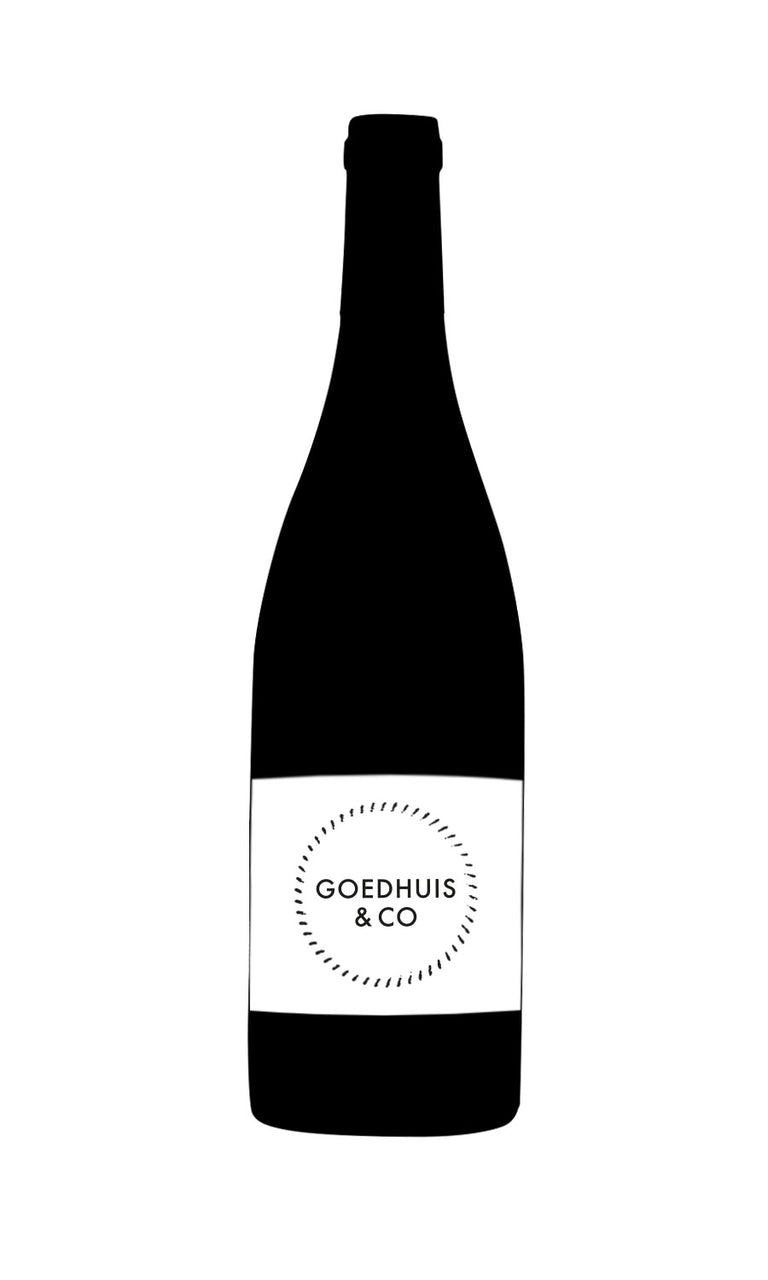
- Colour White
- Producer Helmut Dönnhoff
- Region Nahe
- Drinking 2022 - 2040
- Case size 6x75cl
- Available Now
2021 - Kreuznacher Krotenpfuhl Riesling Kabinett Dönnhoff - 6x75cl
- Colour White
- Producer Helmut Dönnhoff
- Region Nahe
- Drinking 2022 - 2040
- Case size 6x75cl
- Available Now
Select pricing type
Need help? Call +44 (0)20 7793 7900 or email wine@goedhuiswaddesdon.com.
-
Wine Advocate, July 2022, Score: 92
The 2021 Kreuznacher Krötenpfuhl Riesling Kabinett is precise and stony on the intense and well-concentrated nose that shows ripe lemon and coolish gravel aromas. Lush, refined and elegant on the palate, this is a pure and salty, tensioned, piquant and grippy Riesling with mouth-filling fruit and juiciness. Not really a Kabinett but a feinherb Spätlese in style, this is a long-distance runner with lovely digestibility. 9% stated alcohol. Screw cap. Tasted in July 2022. Drink 2022-2050.
-
Jancis Robinson, August 2022, Score: 17.5
Warm loessy soils and a southern exposure lend the Krötenpfuhl its distinctive supple elegance. The most floral of the crew with jasmine and orange blossom, spring grass and the traditional range of orchard fruit. Juicier on the palate than the Klamm, more expressive and approachable, like a warm hug. Balance and creamy noblesse with a gorgeous savoury finish. Drink 2022-2035.
Producer
Helmut Dönnhoff
Dönnhoff is one the best producers in all of Germany and the estate is arguably the most famous outside of the Mosel valley. The family domaine dates from 1750 and is comprised of 28-hectares in the Nahe, a region located southeast of the Mosel. Its climate unexpectedly evokes the Mediterranean, and its soils are comparable to the Mosel with the addition of clay, though not as steep. The combination of these 2 elements seem...Read more
Dönnhoff is one the best producers in all of Germany and the estate is arguably the most famous outside of the Mosel valley. The family domaine dates from 1750 and is comprised of 28-hectares in the Nahe, a region located southeast of the Mosel. Its climate unexpectedly evokes the Mediterranean, and its soils are comparable to the Mosel with the addition of clay, though not as steep. The combination of these 2 elements seems to give the best of both worlds - the focus and minerality of the Mosel as well as the fleshy fruit of Germany's warmer regions. The vines have been passed on from father to son to grandson and now the fourth generation holds the reins. Cornelius Dönnhoff took over from his father Helmut in 2007 after 8 years of training. Cornelius continues his father's natural (and perfectionsit) winemaking philiopshy, producing wines of extraordinary power, concentration and complexity. Spellbinding and thought-provoking, they are worth discovering.Read less
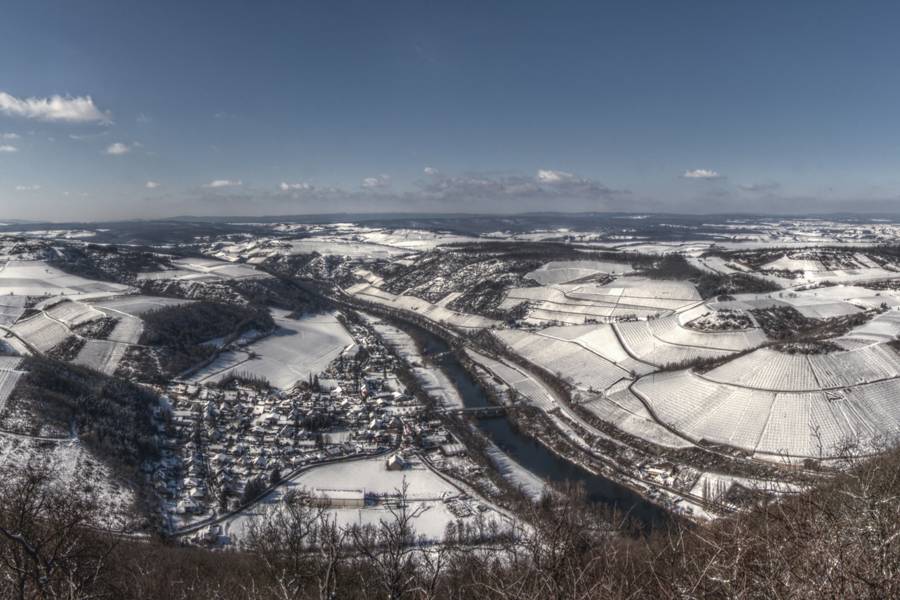
Region
Nahe
Nahe is located to the south east of the Mosel. Its climate unexpectedly evokes the Mediterranean, and its slate soils are comparable to the Mosel with the addition of clay, though not as steep. The combination of these two elements seems to give the best of both worlds - the focus and minerality of the Mosel as well as the fleshy fruit of Germany's warmer regions.
